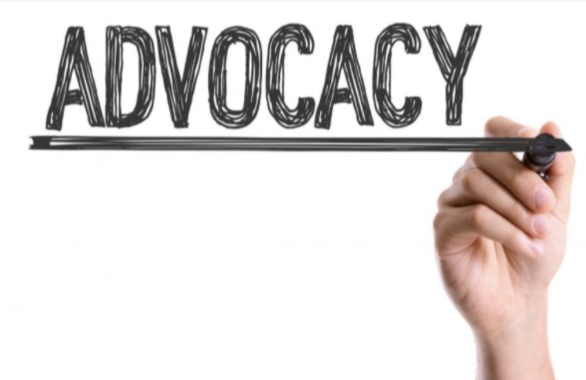
The Queensland Mental Health Select Committee released its report on opportunities to improve mental health outcomes.
AAPi provided a submission, appeared before the Committee and provided supplementary information, putting forward a strong voice on behalf of all our members and their clients.
Our key recommendations included:
- Raise the Medicare rebate to $150 for the clients of all psychologists.
- Psychologists to be utilised to their individual full scope of practice rather than relying on an arbitrary endorsement system to determine who can write reports, provide services, or access sufficient rebates.
- Establish a provisional psychologist Medicare rebate to decrease waiting lists and provide financial support to strengthen the pathway for the next generation of psychologists.
- Prioritise more psychologists in schools.
- Reduce the barriers to accessing a psychologist and reduce the red tape and administrative burden on psychologists when providing services under the various schemes.
- Fund assessments, early intervention, and preventative mental health care.
- Address workforce issues in rural and remote areas.
- The need to address the issues within the NDIS.
- A focus on boosting culturally appropriate services.
AAPi’s recommendations can be found throughout the report, including:
“AAPi described the need to broaden MBS ‘rebatable’ sessions to psychologists to include prevention and early intervention, not just mental illness.
“AAPi advised that treatment of families and couples is significantly underfunded and recommended the committee consider funding for couples counselling, family‐based therapy work and screenings for early intervention.
“AAPi explained: ‘This is extremely important to address, as attachment‐based issues (those found in couples and families) cause significant lifelong distress for children and other family members. When these issues are addressed earlier through the provision of family‐focused therapies or couple therapy, it reduces the severe trauma and distress experienced and felt by children and family members across their lifespan. Many issues seen in children are also best dealt with by implementing family‐based therapies as are some disorder types, such as eating disorders. Similarly, when families are supported through distressing events such as separation and divorce, then the mental health of children is best protected.’
“The Australian Association of Psychologists (AAPi) also supported the idea of a community‐based approach to the treatment of people who fall within the missing middle.
“The AAPi added: ‘In our current mental health system, we sort of wait for people to be sick enough, and this is a dynamic that we urgently need to change. We want people to seek support early. We want early intervention and ideally prevention so that they do not escalate to these more acute services. That is very distressing to individuals, families and communities and it is also not cost‐effective for the government to help assess. We do need to focus on that early intervention and preventive factor, which we see psychologists playing a very important part in.’”
We commend the Committee for responding to AAPi’s recommendations by including the following key recommendations that echo our advocacy efforts:
- Increased funding for the entire mental health care system - including special recommendations for children and youth, perinatal and infant, older people, LGBTIQA+, older persons and culturally appropriate services.
- Expand Medicare Benefit Scheme rebates.
- Utilise mental health workforce to the full scope of practice.
- Include families, carers and support persons.
- Improve service provision to rural and regional Queensland and incentivise rural and regional jobs.
- Enhance mental health services for people living with intellectual or developmental disability.
- Increase mental health support services in schools.
- Support clinical supervision and training and development, including identifying opportunities to remove financial and other barriers.
- Support scholarships to pursue mental health qualifications.
- Leverage the allied health workforce by increasing the role of allied health professionals in primary health care settings.
- Review administrative health systems and their impact on non‐clinical workload to determine their impact and explore ways to increase clinicians’ time with consumers.
- Expand the Aboriginal and Torres Strait Islander mental health workforce.
These recommendations provide a powerful roadmap to enhance mental health care for Queenslanders and another powerful voice for change at the national level. AAPi will continue to fight for a fair and accessible mental health care system for all.
You can find AAPi's submission here and the full report here.